Good Poetry for Hard Times
I have mentioned my upcoming class, Good Poetry for Hard Times, to you before, and posted the announcement on my Home page with other events, but this evening I’m taking a moment to promote it again. In short:
My Creative Retirement Institute (CRI) class begins May 24 and continues for a total of four Fridays, on Zoom, 1-3:00. As far as I know, anyone can take a CRI class (do you have to prove you’re retired? I don’t think so), and they are inexpensive. This class is $58.
For some backstory, I first proposed to teach a Zoom poetry workshop. CRI doesn’t do craft classes, it turns out, but rather than simply say no, they asked if I would consider teaching a class about poetry, and I said yes.
The first title was Your Memorable Poem (like my workshop last year), but someone at CRI didn’t like that title. We came up with Good Poetry for Hard Times because I had been thinking a lot about Gaza, Ukraine, Nigeria…political division in our own country, mass shooti… Okay, I’m going to stop there. My thought was, Who has time to read (or write) poetry? Does the world need another poem? Shouldn’t I be doing something?
When I asked my journal that question, these are some responses my brain came up with:
1. Reading poetry (writing poetry, too) is doing something. It makes us pause and catch our breath. It can bring us joy (it definitely brings me joy).
2. A good poem, shared at the right moment, brings breath and joy and hope to the recipient, too.
3. To expand on that, poetry (all art for that matter, and joy, too) is not a luxury. We need it.
For women, then, poetry is not a luxury. It is a vital necessity of our existence … The farthest external horizons of our hopes and fears are cobbled by our poems, carved from the rock experiences of our daily lives.
—Audre Lorde
4. How is poetry a necessity? William Stafford called it a way of paying attention, and what could be more useful today than a habit of attention? Not distraction, not self-medicating. Attention.
5. Poems help make sense of loss. They are vehicles for emotion, and when we see that this poet — famous, obscure, long long dead — felt what we feel, then at the very least we feel less alone.
6. In times past, when poets retreated into the mountains (Basho, Yuanming) or into monasteries (Gerard Manley Hopkins), or into their upstairs bedroom (Emily Dickinson), what were they retreating from? How did their poetry help them to survive? (How might their poetry help us to survive our times?) Nothing too shocking or earth-shattering, but these are the questions I would like to sit with for a while.
What will each class look like?
I’m cobbling together a handout of about 50 poems that inspire me. At each session, I’ll read several poems aloud, pausing over each poem to introduce the poet, and offering context I find useful. I will also talk through what I find intriguing, healing, inspiring, memorable about each poem. Other participants (are they students if there’s no prep and no homework?) are encouraged to break in with questions or to add their comments and insights to mine. (I am HOPING people will want to talk about the poems.)
I predict that the time will fly by. So, here’s why I’m promoting it:
The class is a go, but it is slightly under-enrolled, and I’m really really hoping for a few more people. All motivations welcome:
- The person who slept through poetry class in high school, but is ready now to see what all the fuss is about. “What’s this I hear about poetry being good for your brain?”
- Someone who read Priscilla Long’s Dancing with the Muse in Old Age and could use an introduction to poetry before beginning his own writing practice.
- Anyone who has been reading and writing poems for years, but, like me, finds this particular conversation timely and intriguing.
The creation of art, okay, just the attempt at the creation of art, as well as the appreciation of it, is both an enlarging of the world and an expanding of consciousness.
—Dean Young, The Art of Recklessness
If you — or someone you know — fits into any of these categories, here’s the link for CRI: https://www.edmonds.edu/programs-and-degrees/continuing-education/creative-retirement-institute/
I hope to see some of you there. White hair not required.
[I believe this link will take you directly to the course description: https://www.campusce.net/edmondsarts/Course/Course.aspx?c=1491]

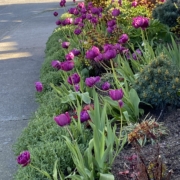
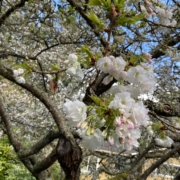
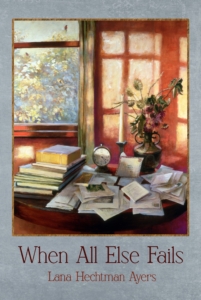
 To learn more about Lana, visit her Poetry Box book page,
To learn more about Lana, visit her Poetry Box book page, 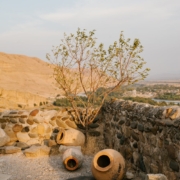
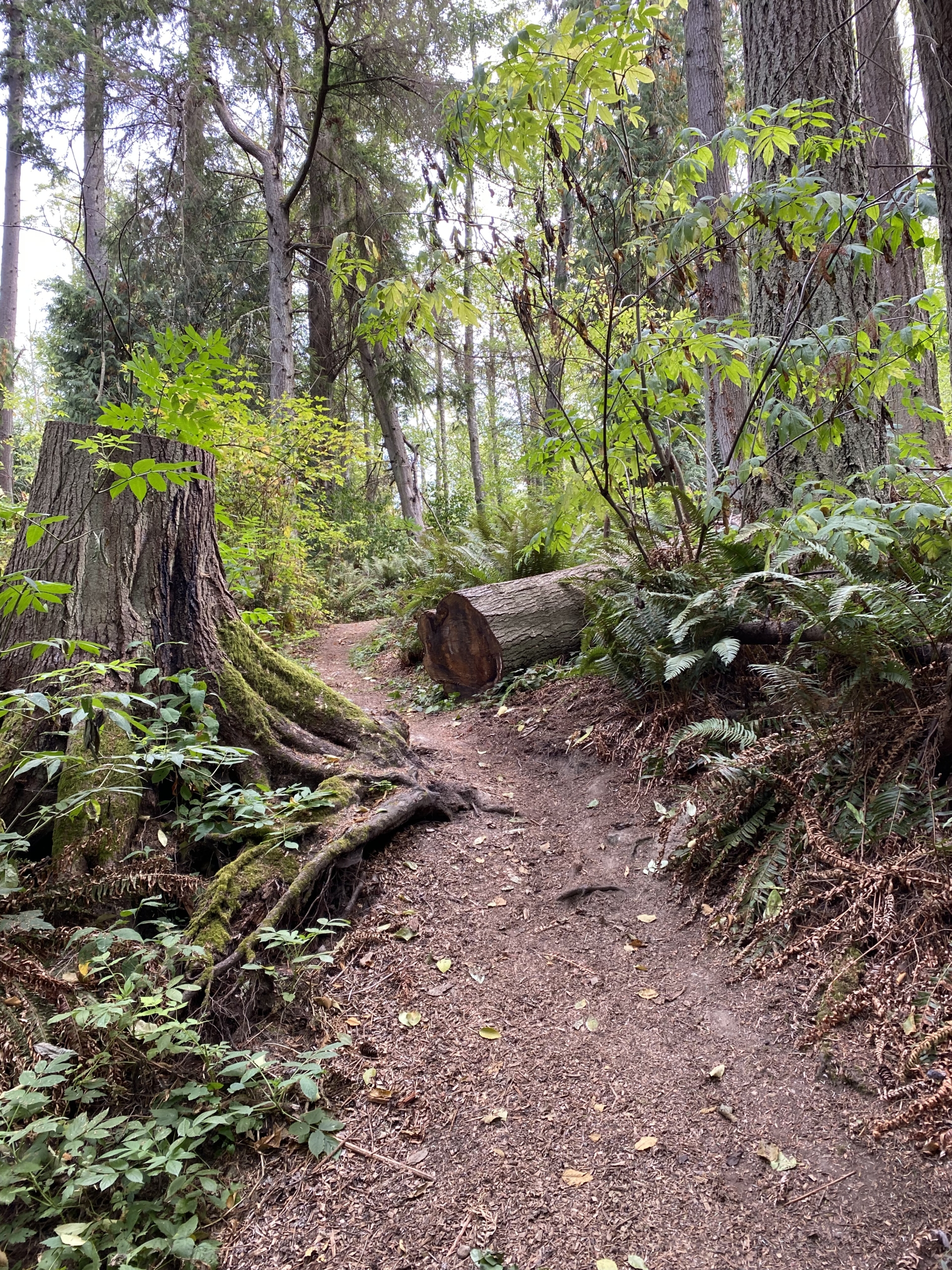
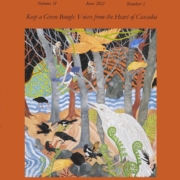
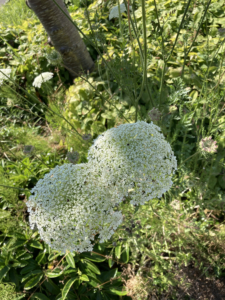 The collection features artwork from Jocelyn Curry, Susan Leopold Freeman, Anita Leigh Holliday, Sandra Jane Polzin and others, and poems and prose by a wealth of northwest writers including Judith Roche (1941-2019), and our new Washington State poet laureate Rena Priest. Woven throughout one sees the panicky facts of destruction: “A raft of debris as large as Africa” (Kathleen Flenniken, “Horse Latitudes”); “smoke / hangs like a veil, a scarf we can’t breathe through” (Sharon Hashimoto, “Back Fires: September 2020”). It’s time, these poems and prose pieces exhort us again and again: “We’ve stayed calm for too long,” and “It’s time to move quickly” (Iris Graville, “Not Just a Drill”; “Truth time” (Risa Denenberg, “Posthuman”).
The collection features artwork from Jocelyn Curry, Susan Leopold Freeman, Anita Leigh Holliday, Sandra Jane Polzin and others, and poems and prose by a wealth of northwest writers including Judith Roche (1941-2019), and our new Washington State poet laureate Rena Priest. Woven throughout one sees the panicky facts of destruction: “A raft of debris as large as Africa” (Kathleen Flenniken, “Horse Latitudes”); “smoke / hangs like a veil, a scarf we can’t breathe through” (Sharon Hashimoto, “Back Fires: September 2020”). It’s time, these poems and prose pieces exhort us again and again: “We’ve stayed calm for too long,” and “It’s time to move quickly” (Iris Graville, “Not Just a Drill”; “Truth time” (Risa Denenberg, “Posthuman”).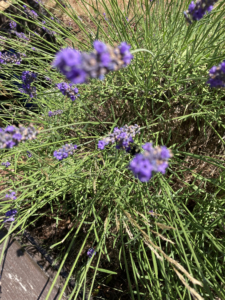 And all that’s so worth saving calls to us from every page: “Surrounded by birdsong in many languages / walled in by forty-, fifty-, sixty-foot cedar, fir, hemlock / maples leafed out, honeysuckle beginning” (Ronda Piszk Broatch, “Apologizing for Paradise”); native blackberries “carry the taste of my childhood forest on a summer day” (Irene Keliher); “we pick up and play and write and sing and dance so that the Honduran emerald hummingbird the leatherback sea turtle the mountain gorilla the tiger salamander…” (Penina Taesali, “The Word of the Day”).
And all that’s so worth saving calls to us from every page: “Surrounded by birdsong in many languages / walled in by forty-, fifty-, sixty-foot cedar, fir, hemlock / maples leafed out, honeysuckle beginning” (Ronda Piszk Broatch, “Apologizing for Paradise”); native blackberries “carry the taste of my childhood forest on a summer day” (Irene Keliher); “we pick up and play and write and sing and dance so that the Honduran emerald hummingbird the leatherback sea turtle the mountain gorilla the tiger salamander…” (Penina Taesali, “The Word of the Day”).